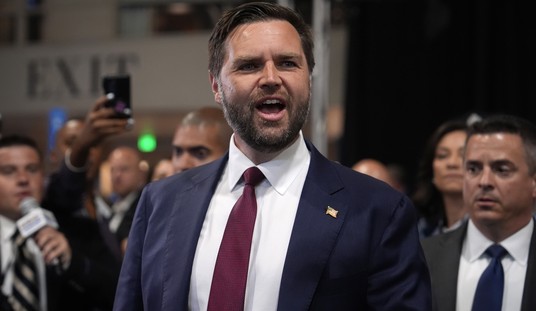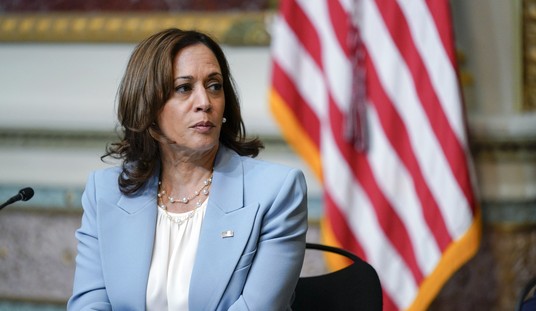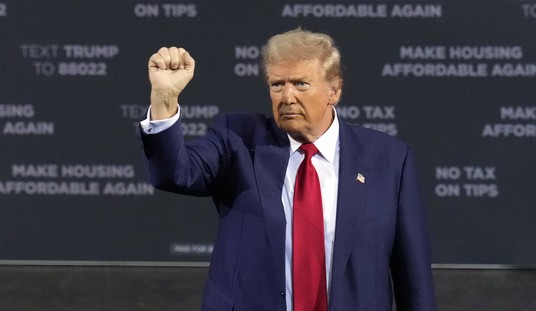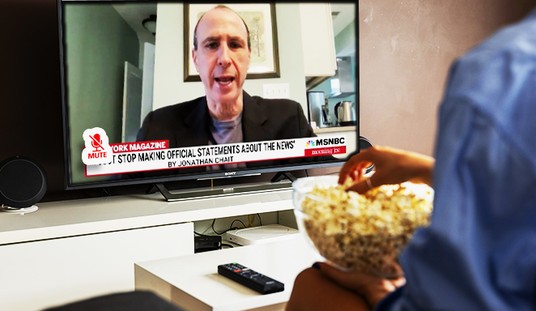Missouri voters earlier this week sided with the backer of a drug discount program that benefits red-state, rural, working-class voters but which has been taking fire from Big Pharma companies that want it nixed to improve their profits.
Lt. Gov. Mike Kehoe beat the current Secretary of State and powerful Ashcroft family scion, Jay Ashcroft to win the GOP nomination for governor of the Show Me State.
The result reflects a variety of factors, including the fact that this was a three-way race, Ashcroft’s alleged fibbing about his professional status as an engineer, and his launching of an investigation into now-Sen. Josh Hawley, Ashcroft-- the other "biggest name" contender called for outright “repeal[ing]” the 340B drug discount program that benefits many Missourians. While Kehoe did not take an explicit stance on the legislation, the Missouri Hospital Association—a defender of the program that regards it as essential for keeping rural health care providers open and serving patients—endorsed him, and not Ashcroft.
Kehoe was also endorsed by outgoing Gov. Mike Parson. President Trump remained neutral among three Republican candidates.
Earlier this year, Missouri legislators overwhelmingly passed legislation to protect the 340B drug discount program copycatting legislation from other very red states with big rural, white working-class populations like West Virginia, Louisiana, Arkansas, Mississippi, and neighboring Kansas. Gov. Parson allowed that legislation to become law. This was likely all done on the basis that for any flaws with the program that 2004-style Republicans might point to, rural, working-class Americans—often derided as “Trumpers”— disproportionately benefit from 340B.
That, in turn, explains why former Rep. Vicky Hartzler, former Rep. Billy H. Long, and current Rep. Sam Graves—all of Missouri—have been staunch defenders of the program. It also probably helps explain why under President Trump, ceiling price legislation was set to ensure that drugmakers couldn't deny drug discounts. Notably, while a former Mike Pence staffer leading an anti-340B effort (who is also a booster of establishment Republican Glenn Youngkin) has recently been trying to crush the program, that effort failed in Missouri—just like Ashcroft, who aligned with opponents of the drug discount program, now has in his quest to become governor.
There’s a broader political lesson in all this. As should have been evident from Republicans nominating Trump—proponent of more populist, less libertarian-infused economic policies that he is—all the way back in 2016, and now twice since, the era in which Republicans who win at the ballot box come from the more Chamber-of-Commerce, what-benefits-big-business-is-good, is long gone. That should be doubly signaled by Trump’s decision to nominate Sen. JD Vance as vice president.
A lot of conservative opinionators, especially of the more moderate or establishment GOP breed, may love Youngkin—and may have loved Bush, and even Mike Pence. But even when Trump was politically weak and potentially challengeable for the GOP nomination, Youngkin never jumped into the fight—likely because while some big donor support might have been there, he simply wasn’t as popular as Trump, or Vance, or potentially even less-known Missouri Republicans like Hartzler with actual Republican voters.
Bush is long gone from the political scene. Pence, who did run for the 2024 GOP nomination, found there was less a market for his variety of Republicanism than there was for that of Nikki Haley—who appeared from the outset to be conducting a real high-wire act, running against Trump for whom she worked as UN Ambassador.
Like it or not, the style of Republicanism we all remember from 20 or so years ago is now done and dusted, and we can see that in Missouri with big names like Ashcroft now losing elections while figures like Kehoe, who has sided with actual, rural health care providers, proving ascendant. Undoubtedly, because of the amount of money in play, we will not stop seeing “Big” industries attacking programs and policies that benefit actual GOP voters, through consultants who previously worked for big GOP names of bygone eras.
But those attacks seem unlikely to triumph If they could not even when attached to the Ashcroft name—which remains a big deal in Missouri.














Join the conversation as a VIP Member